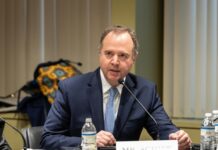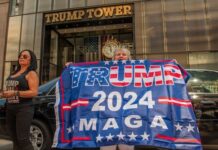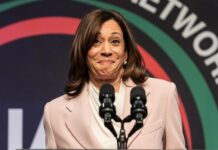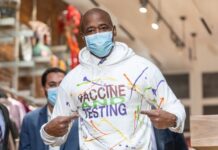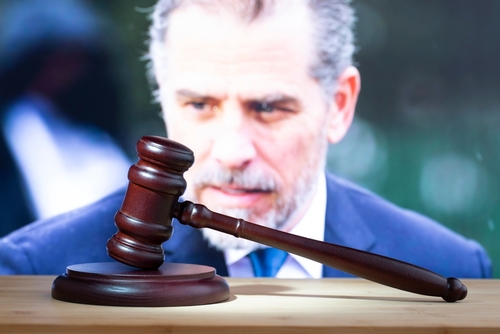
As we delve into the heart of political integrity and accountability, pressing concerns come to the fore regarding activities within the hallowed walls of the White House. In today’s climate of political turmoil and public scrutiny, it’s imperative to highlight concerning behaviors that erode trust in public offices, and the recent questions raised about possible illicit conduct are no exception.
The sanctity of the White House has historically been a symbol of national pride and political rectitude. However, there have been troubling whispers and outright allegations about potentially disreputable behavior by individuals closely connected to the administration. If such claims have any grounding in reality, it is a matter that should cause consternation among the populace.
So Birks (as an expert) is not held accountable for knowingly manipulating data she provided to the President of the US during a global pandemic, but @CBS_Herridge is TERMINATED for pursuing Hunter Biden TRUTH? What have we become? What have we allowed? pic.twitter.com/Prh4fAfMZb
— Gina (@GinaSaysSo) February 23, 2024
Allegations of substance misuse are serious and carry with them connotations of moral decay when claimed to occur in the residence and working space of the nation’s leaders. This is not to indulge in baseless rumor-mongering but to acknowledge that where there is smoke, there often is fire. It is essential to pursue truth while upholding the presumption of innocence until proven guilty.
Yet, the issue extends beyond individual transgressions. It’s linked to the question of whether there’s an environment of double standards within the political elite. For average citizens, substance abuse issues often result in severe legal consequences and social ostracism. In contrast, political figures or their close associates seem to navigate these waters with less public scrutiny or journalistic investigation.
HUNTER BIDEN: Jesse Watters (@JesseBWatters) nails it, says, "The same prosecutor who got busted for cooking up Hunter’s sweetheart plea deal arrested the FBI informant who reported that Joe and Hunter Biden took bribes from Ukraine. Then that prosecutor accused the informant of… pic.twitter.com/TvjCVx0KDq
— Simon Ateba (@simonateba) February 23, 2024
Accountability must be a cornerstone of any administration. Transparency and the preparedness to confront allegations directly are aspects that the public rightfully expects from its elected officials. There is a perceived reluctance to address or even acknowledge any behavior that could sully the image of political leaders, which fuels public distrust.
The role of the media, too, is under examination. There are apparent hesitations when it comes to pursuance of stories that could tarnish the favored narratives of powerful figures. A rigorous, impartial media is a critical component of a healthy democracy, acting as a watchdog over public officials to ensure they are not operating above the scrutiny applied to ordinary people.
Drawing upon historical precedence, administrations have been marred by scandals before, eroding public trust. The situation presents an opportunity for current leadership to demonstrate their commitment to ethical governance by taking these allegations seriously and addressing them thoroughly. It is a chance for a recalibration and reaffirmation of values.
In the light of such claims, it’s incumbent upon civic leaders, the media, and the public to engage in a collective introspection about the kind of conduct we tolerate from our elected officials and their inner circles. When circumstances challenge the integrity of our democratic institutions, silence is not a luxury that can be afforded.
We must continue to consider and discuss these matters with the gravity they deserve. Only through persistence in seeking the truth can we hope to preserve the pillars of justice and integrity that underpin our republic.




